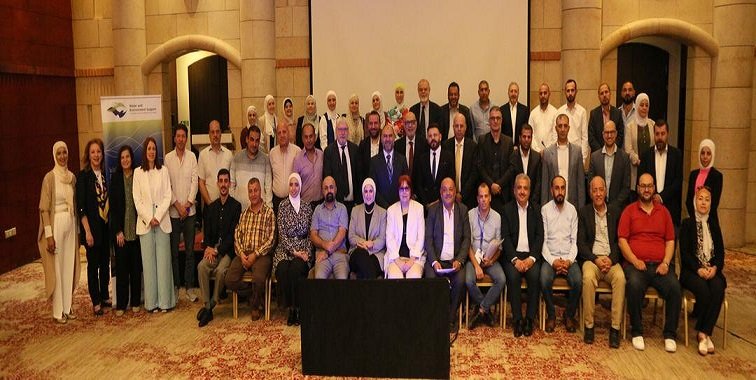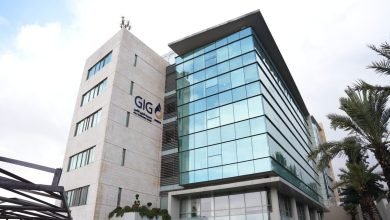
Jordan Daily – A national meeting in Amman showcased the achievements of the EU-funded “Water and Environment Support (WES) in the ENI Neighbourhood South Region” project, which has significantly advanced Jordan’s water and environmental sectors since its inception in October 2020.
The project, executed in collaboration with Jordan’s Ministry of Water and Irrigation, has trained over 230 key stakeholders through various activities.
Jihad Mahameed, Secretary General of the Ministry of Water and Irrigation, highlighted WES’s role in developing a Non-Revenue Water (NRW) policy. “This policy defines the development and implementation of NRW reduction and control, aligning with Jordan’s national strategy for NRW,” Mahameed stated.
The WES project has implemented critical water activities, including consultation workshops, the development of Natural Water Retention Measures (NWRM), and cost-benefit analyses of such measures. These initiatives identified suitable NWRM for two pilot zones in Jordan: the Azraq catchment area and peri-urban Ajloun town. The aim is to enhance stormwater management using Nature-Based Solutions.
On environmental , WES has developed a roadmap to reduce Single-Use Plastics (SUPs) and provided recommendations on green banking and green investment opportunities. This effort supports Jordan’s green and circular economy agenda, focusing on reducing plastic waste and promoting sustainable alternatives to SUPs.
Omar Abu Eid, Programme Manager for Energy, Environment & Climate Change at the European Delegation to Jordan, emphasized the EU’s role in facilitating state-of-the-art capacity building activities. “WES has enabled Jordanian stakeholders to exchange experiences and lessons learned with EU colleagues and other partner countries,” Abu Eid said.
Professor Michael Scoullos, WES Team Leader, expressed satisfaction with the cooperation between Jordanian authorities and the EU Delegation, resulting in effective assistance to advance Jordan’s water and environmental agendas. He thanked Ahmad Bali, WES Water Focal Point, for his contributions to the project’s success.
The meeting, attended by over 50 representatives from ministries, institutions, local authorities, the private sector, NGOs, and media, concluded with discussions on future priorities.

